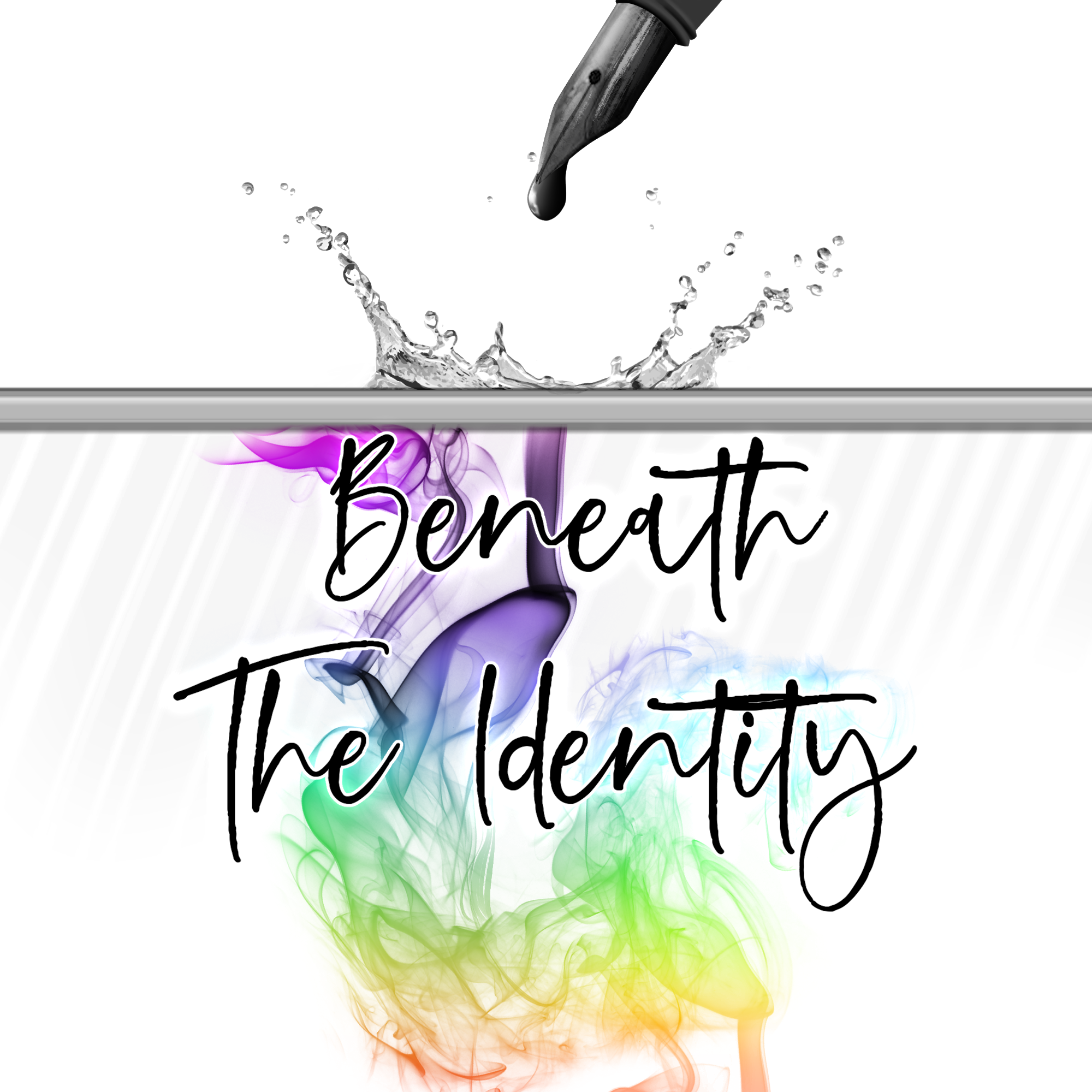This week for Terminology Tuesday, I wanted to take a moment to talk about mental health.
Before I continue this post, I think it is important to note that I am by no means a mental health professional.
This semester, one of my professors told me that we’re the only ones who have to live inside our heads, so we may as well make our heads a nice place to live. This is, I feel, a good way to explain mental health. It’s the home we create for ourselves in our heads.
Mental health is, more officially, the state of well-being each individual experiences. This state exists on a fluid spectrum, just as gender identity, sexual orientation, and romantic orientation do, because not every person is going to have the same mental health, and the state of one’s mental health is able to change. Some resources explaining what mental health is in more depth can be found below (these are by no means the only resources):
- United States Department of Health and Human Services
- Government of Western Australia Mental Health Commission
So what’s so important about mental health? I mean, it’s not a big deal, right?
Actually, it is. Mental health is something we all have, and it plays a role in all of our every day lives. Whether it be stress, a diagnosed mental illness, or anything else, there are a number of things which have an effect on our states of well-being. When this effect is negative, the outcomes are, unsurprisingly, negative on our beings, both physically and mentally. Some of the negative outcomes are feeling little to no energy, having difficulty with daily tasks, feeling hopeless, feeling like you want to hurt yourself or others, and a number of others (these and more are listed in the US HHS resource).
However, as I said, mental health exists on a fluid spectrum, and therefore can change. So, if you’re experiencing any of these things, or a combination of them, there are things you can do which may help to alleviate these feelings. Some of the things you can do are make sure you are getting an appropriate amount of sleep, exercise regularly, set an attainable goal, talk it out or express your feelings in another form (such as through writing), and many others (these and more are listed in the WA resource).
It’s important to remember, if you’re feeling any of these more negative things that you are not alone. There are others who experience these feelings, and there are so many people out there who can and will help you as best as they can. Aside from seeing a professional, you absolutely have the ability to (if you are still in school) talk to a trusted teacher, counselor, or friend. There are also support groups, both online and offline. One online resource is TSWatch, a Tumblr group dedicated to helping those who are struggling. They also have a great list of other online resources.
You deserve to smile; to be happy; to live.
Stay strong. We’re all in this together, and you are always welcome to talk to us. Remember: you are not alone.

